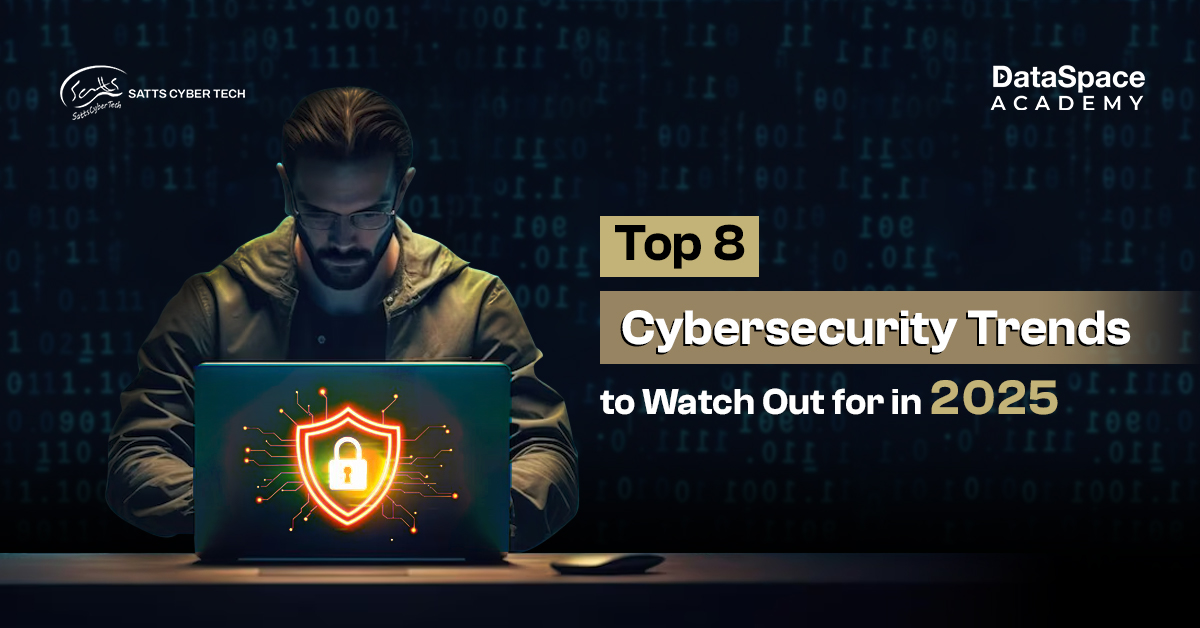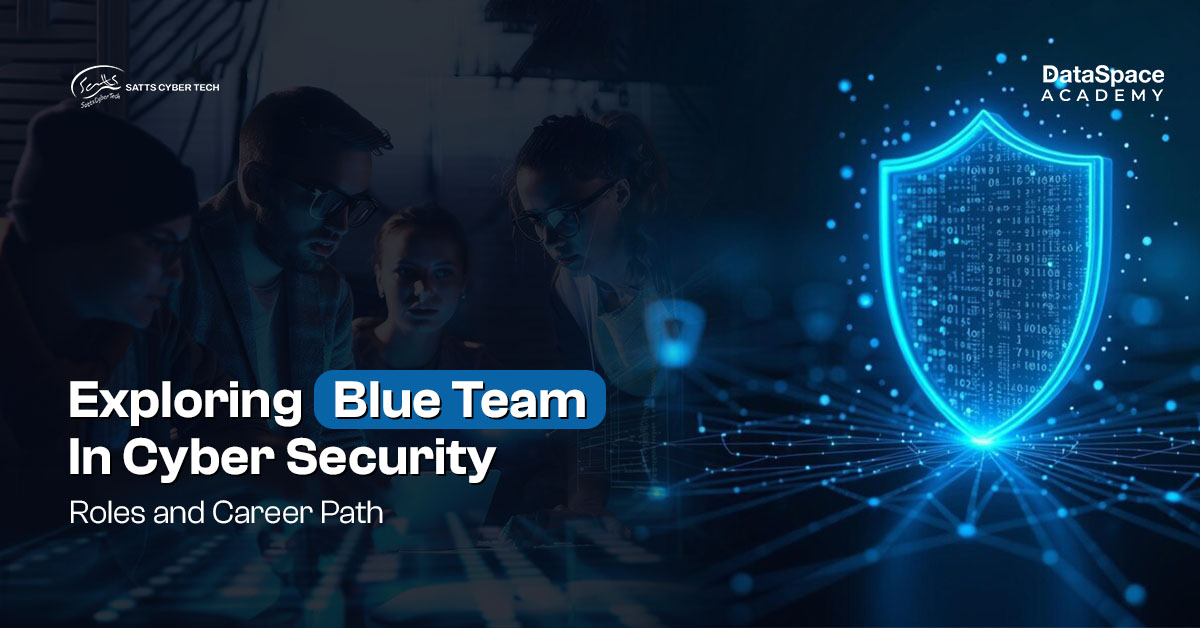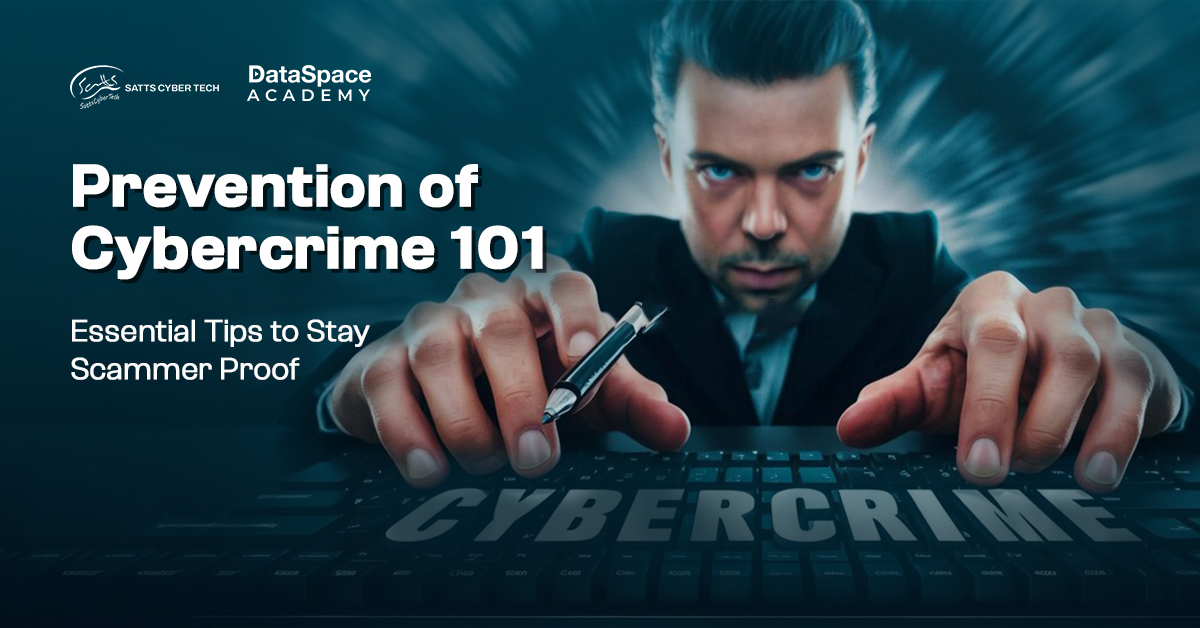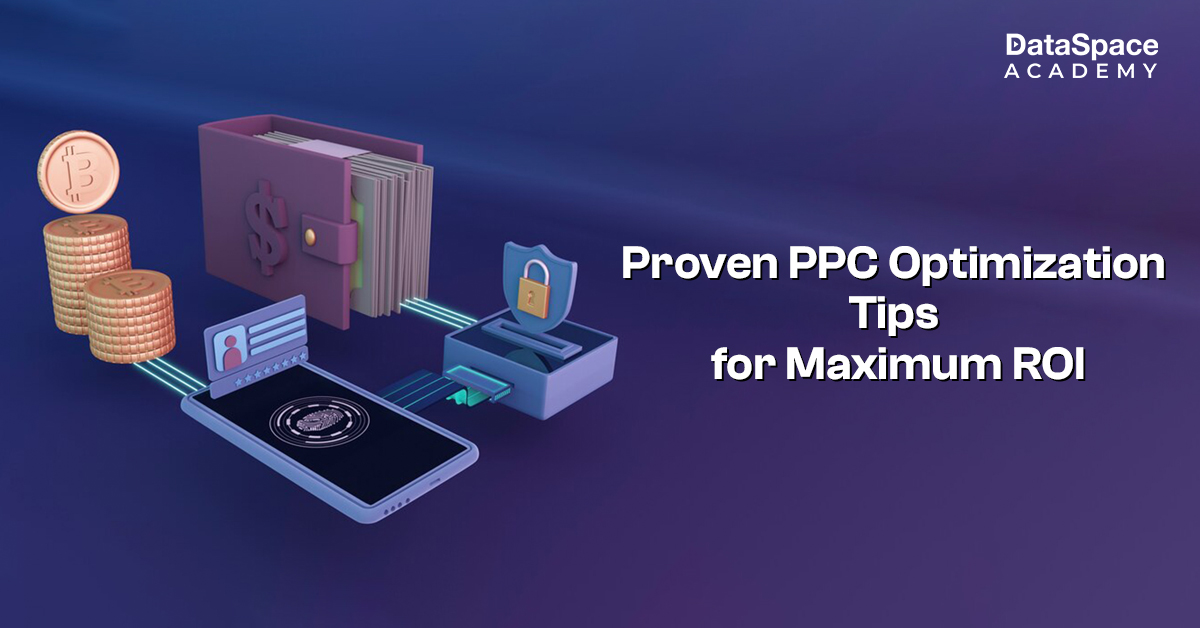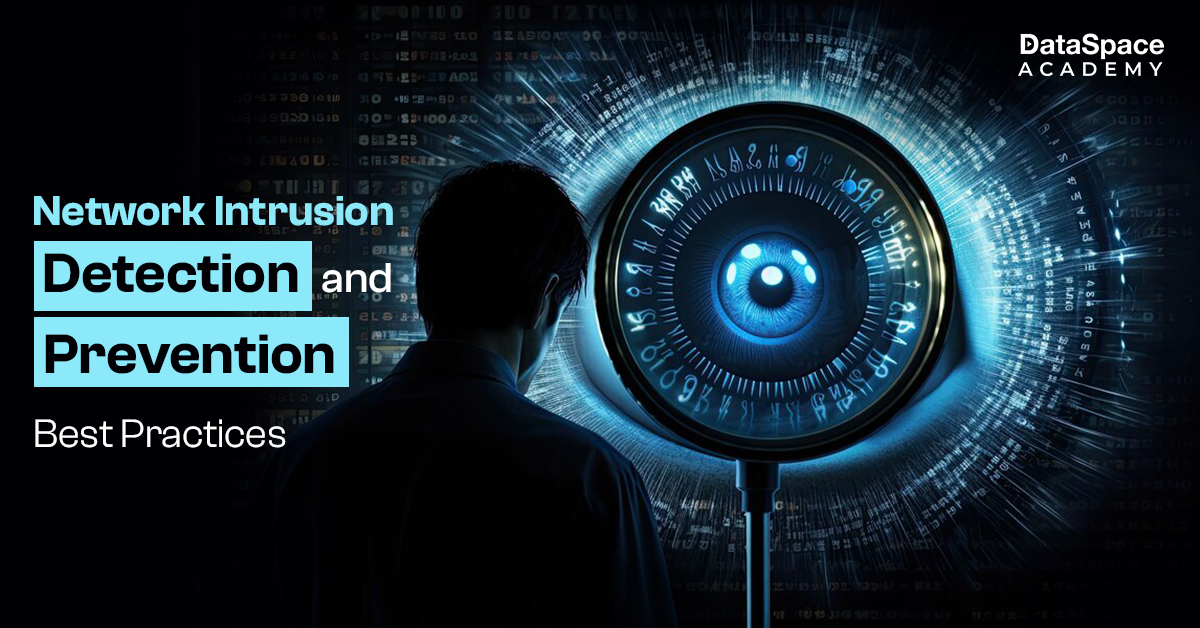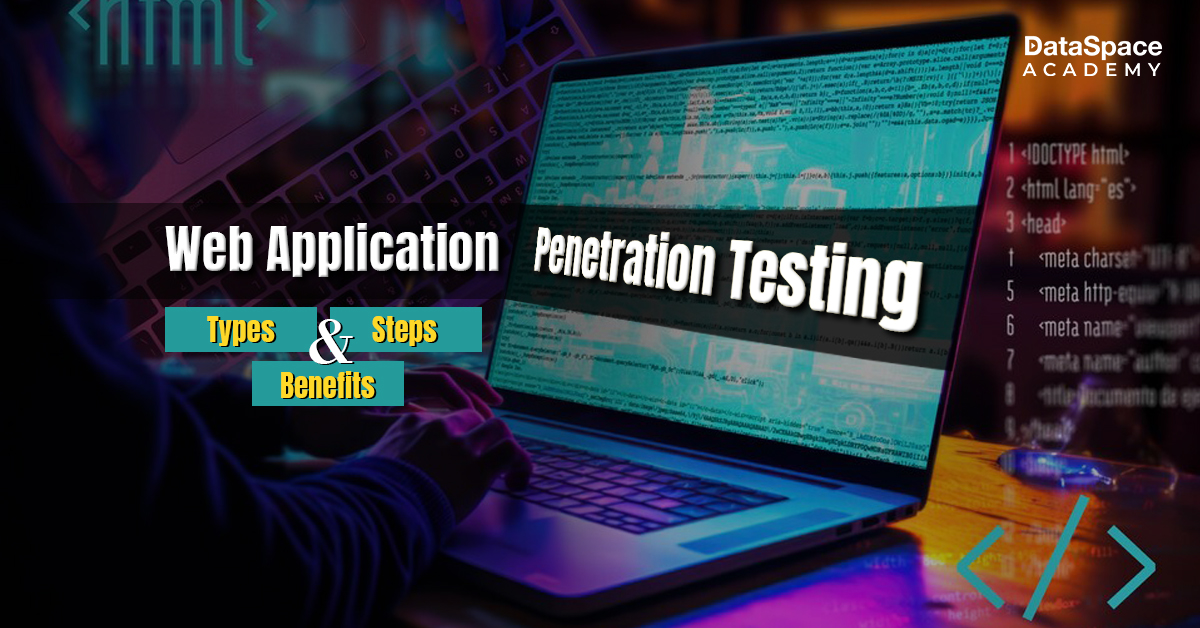IT Auditor Roles and Responsibilities - An Explanatory Guide
Last Updated : 26 Sep, 2024
 55K
55K

Introduction
Are you aspiring to build a career in infosec and looking forward to knowing about IT auditor roles and responsibilities? Often referred to as the IT audit manager, these skilled professionals are shouldered with huge responsibilities in securing the integrity and credibility of a company’s IT infrastructure. As cyber breaches continue to increase worldwide, the responsibilities of IT auditors have grown dramatically. If you’re passionate about cybersecurity and aiming for leadership, you’ve found the perfect resource. Scroll down to learn more!
Who is an IT Auditor?
An IT Auditor is someone who oversees an organisation’s IT infrastructure, ensuring they are secure, efficient, and compliant with regulations. They’re entrusted with the task of identifying cybersecurity risks, assessing cloud infrastructure, ensuring data privacy, and recommending improvements for digital resilience. Additionally, with the growing reliance on automation, AI, and cloud services, evaluating emerging technologies, and aligning them with regulatory standards are now among essential IT auditor skills. In today’s fast-evolving cyberspace, you have to go beyond traditional audits and walk the extra mile to ensure optimum cybersecurity.
IT auditors also collaborates across teams to enhance security protocols, data integrity, and overall IT governance. In a nutshell, they play a crucial role in safeguarding digital assets and promoting operational excellence. Senior IT auditors, especially those with around 5-7 years of experience, often don the hat of IT audit manager. The managers monitor the auditors and assess their overall performance.
IT Auditor Roles and Responsibilities
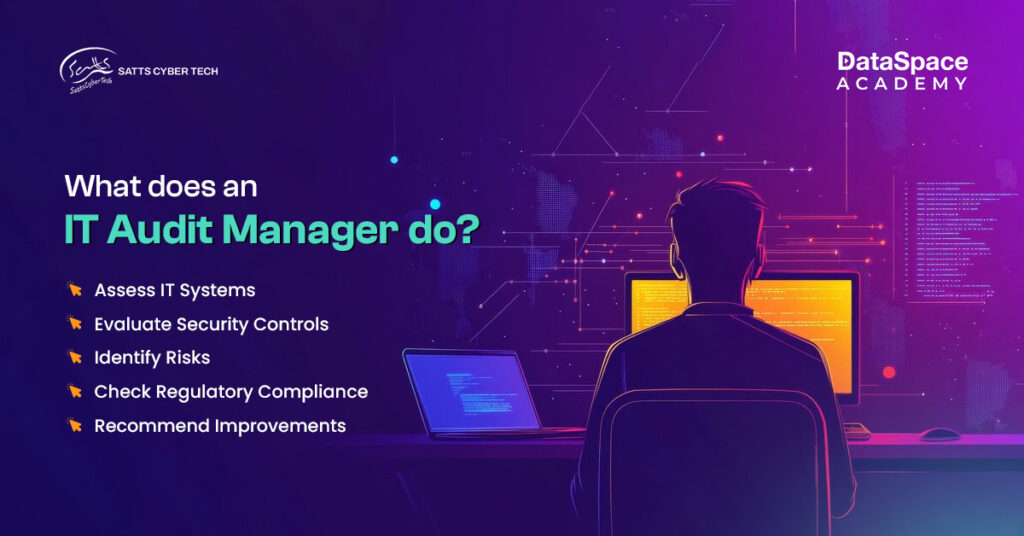
As a busy and responsible IT auditor, your daily duties involve the followings:
- Assessing IT Systems
- Evaluating Security Controls
- Identifying Risks
- Regulation Compliance
- Recommending Improvements
An IT auditor needs to have a keen eye for details, or more specifically a detective-like instinct. They routinely monitor the organisation’s systems and infrastructure, ensuring they comply with the necessary security, performance, and compliance measures to prevent vulnerabilities.
One of the key daily responsibilities of an IT audit manager is to examine firewalls, encryption, and access controls. Their job is to ensure that company data is well-protected from unauthorised access, breaches, and potential cyber threats.
Prevention is better than cure – IT auditors follow the same ethos to the core. They identify system weaknesses that might lead to major data breaches or service interruptions, therefore helping organisations proactively address these issues before the inevitable damage.
IT auditors ensure that an organisation’s ongoing security protocols comply with regulatory standards, like GDPR or HIPAA. Part of their job is to ensure the organisation does not have to face regulatory penalties and complies with the ethical handling of data.
After pinpointing problems, IT auditors offer practical suggestions to enhance system performance, bolster security protocols, and improve overall operational effectiveness.
Roadmap to be an IT Audit Manager
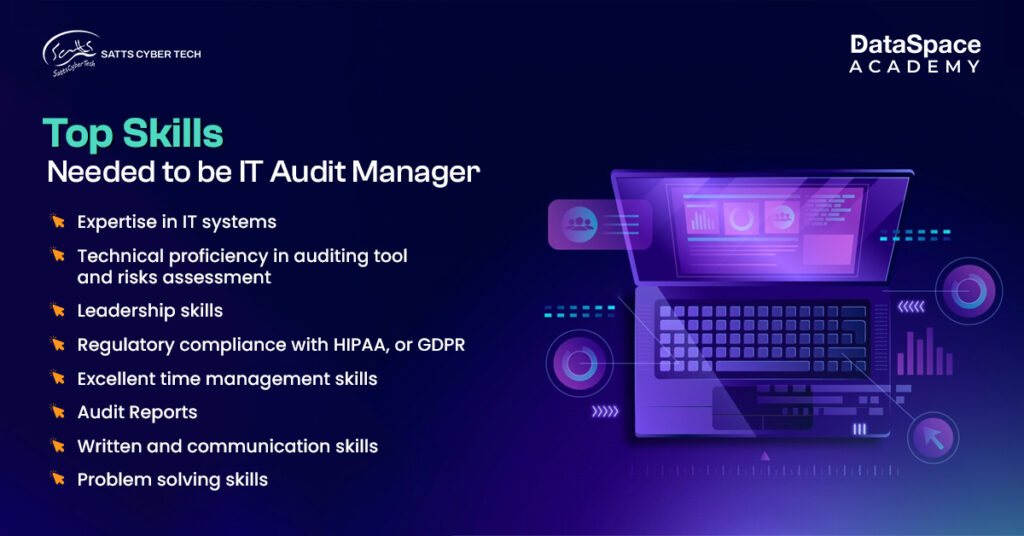
- Bachelor’s or Master’s Degree in IT/computer science:
This is the foundational step moving forward to pursue your goal of becoming an IT audit manager. These degrees equip you with technical knowledge and proficiency in various IT tools, network systems, auditing, and quality control.
- Crack Global Certifications:
Besides a formal degree, obtaining certifications like CISA (Certified Information Systems Auditor), CIA (Certified Internal Auditor), CEH (Certified Ethical Hacking), and C|PENT (Certified Penetration Testing Professional) can bolster your credibility and resume value to the potential employers
- Upskill and Apply:
Keep upskilling and applying for senior level positions like IT audit supervisor, and IT audit director.
Conclusion
An IT auditor roles and responsibilities involves evaluating systems, ensuring compliance, and safeguarding against risks. Mastering these responsibilities requires continuous learning, especially in areas like penetration testing. Pursuing a penetration testing certification course enhances an auditor’s skill set, enabling them to identify vulnerabilities effectively, making them invaluable and boosting career advancement.

 55K
55K









